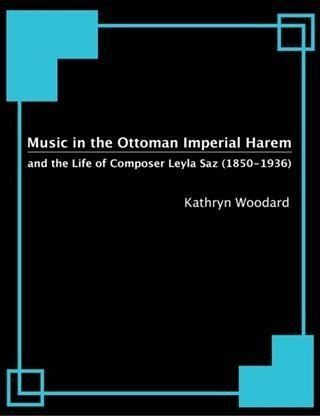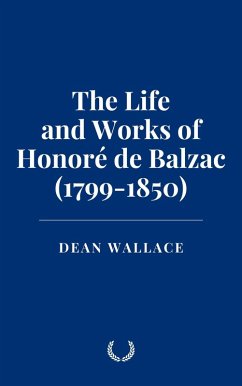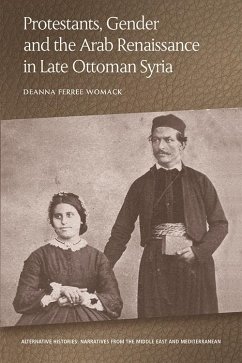
Music in the Ottoman Imperial Harem and the Life of Composer Leyla Saz (1850-1936) (eBook, ePUB)

PAYBACK Punkte
2 °P sammeln!
The Ottoman Imperial Harem conjures up many images in the West, and the concept of 'harem' has been a central fixture in any attempt to portray the backwardness of Islam, both historically and as the precursor to the treatment of women in Muslim countries today. The memoirs of Ottoman composer Leyla Saz provide a much more complicated picture of the Imperial Harem, both in terms of the status of women and the role that music played there. I first came across Saz's music and memoirs in 1998 while researching the Turkish composer Ahmed Adnan Saygun in Istanbul. "e;The Imperial Harem of the S...
The Ottoman Imperial Harem conjures up many images in the West, and the concept of 'harem' has been a central fixture in any attempt to portray the backwardness of Islam, both historically and as the precursor to the treatment of women in Muslim countries today. The memoirs of Ottoman composer Leyla Saz provide a much more complicated picture of the Imperial Harem, both in terms of the status of women and the role that music played there. I first came across Saz's music and memoirs in 1998 while researching the Turkish composer Ahmed Adnan Saygun in Istanbul. "e;The Imperial Harem of the Sultans: Memoirs of Leyla (Saz) Hanimefendi"e; is readily available in Turkish and English as are several publications including her Ottoman classical compositions. Intrigued by a chapter about both Turkish and Western music in the Harem, I read the book with the preconceived notion that Leyla Saz was a courtesan entertaining Sultans, which required her to learn music. However, her memoirs contradict this notion. The writing of memoirs was not commonplace during Ottoman times, and therefore Leyla Saz's recollections offer a rare personal account of life in the Imperial Harem by a woman who became a prominent composer of Ottoman classical music. The essay includes a discussion of the introduction of Western music to the Ottoman court in the nineteenth century, explanations of compositions by Leyla Saz, a traditional Ottoman song and a march composed in 1908. Musical notation is provided for both along with an arrangement of the march for piano by the author.
Dieser Download kann aus rechtlichen Gründen nur mit Rechnungsadresse in A, B, BG, CY, CZ, D, DK, EW, E, FIN, F, GR, HR, H, IRL, I, LT, L, LR, M, NL, PL, P, R, S, SLO, SK ausgeliefert werden.













